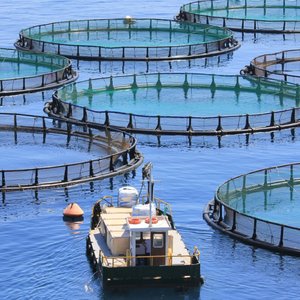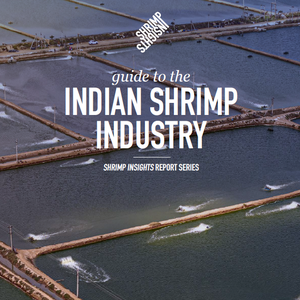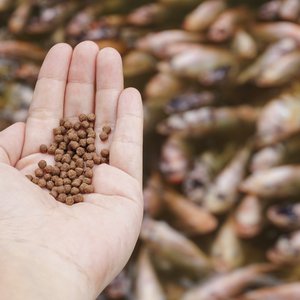The CITAC/ASDA Shrimp Task Force today posted an interactive map of the United States on its website at http://www.citac.info/shrimp/map/index.html that shows the number of U.S. jobs on a state-by-state basis that are put at risk by the trade petition filed by domestic shrimpers compared to the number of U.S. jobs that could be "protected."
An economic analysis done earlier by The Trade Partnership found that there are 20 US shrimp-consuming jobs involved in processing or distribution for every US shrimp-producing job, a 20 to 1 ratio, or 250,000 jobs to approximately 13,000. Higher prices for shrimp, if duties are imposed, will cause many of these shrimp processing and distributing jobs to disappear, and the take-home pay of others to suffer.
"We wanted to make it easy for the public, policymakers, and the media to see how many more jobs in the U.S. are put at risk than those 'protected' by this baseless petition against imported shrimp," said Wally Stevens, Chairman of the Shrimp Task Force. "Just click on a state and it will show that there are many more Americans employed in the shrimp consuming industries than in shrimp producing industries in every state except for Louisiana, where the ratio is one to one."
"Some may be surprised at the low numbers of workers employed in the U.S. shrimp producing industry; however, these statistics are from information provided to the U.S. International Trade Commission by the petitioners themselves -- the domestic shrimp producing industry," said Laura Baughman of the Trade Partnership, who authored the study.
Approximately 90 percent of all shrimp consumed in the U.S. comes from imports. The trade case was filed against imported shrimp from Thailand, China, Vietnam, India, Ecuador, and Brazil, which account for about 75% percent of shrimp imports in the U.S. market, with a 2002 value of $2.4 billion. The petitioners are alleging dumping margins ranging from 30% to over 200%.
"Why are shrimp producing jobs more important than shrimp consuming jobs?" asked Stevens. "And how are the petitioners able to use U.S. trade law to potentially take away American jobs? This trade case isn't going to help anyone -- it's only going to make things worse. Jobs will be lost if duties are placed on imported shrimp."
The shrimp jobs map uses employment data submitted by US shrimpers and processors to the International Trade Commission to calculate shrimp-producing jobs. The Trade Partnership used data from the U.S. Bureau of Labor Statistics and National Marine Fisheries data to calculate shrimp-consuming jobs.
"Placing a tax on imported shrimp will do nothing to 'save American jobs,' as petitioners have claimed," continued Stevens. "It will only deny consumers a healthy and safe food they want at an affordable price. Shrimp will be taken off the menu, off the shelf, and off the tables of millions of American families. Economic isolationism simply isn't the solution to the shrimpers' problems."
Due to the threat that antidumping taxes pose to both consumers and to the consuming industries that serve them, the Consuming Industries Trade Action Coalition (CITAC) has formed an alliance with the American Seafood Distributors Associations (ASDA), bringing together concerned grocers, restaurants, processors, distributors, business councils, and other consuming groups to form the CITAC/ASDA Shrimp Task Force. The goal of the Shrimp Task Force is to assure that the U.S. government considers all the facts in the case fairly and objectively, with a full understanding of the ramifications to all American interests of any decision.
For more on this issue, visit http://www.citac.info/shrimp.












